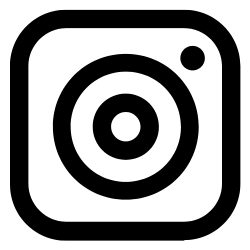Table of contents
1. Basic structures of a C program2. Preprocessor directives
3. The main function
4. Variables
4.1 Declaration and Initialization
4.2 Data types
4.2.1 Primary data types
4.2.2 Derived data types
5. Statements
5.1 Expression statements
5.2 Control flow statements
5.2.1 Conditional statements
5.2.2 Loops
6. Functions
6.1 Defining functions
6.2 Calling functions in C
6.3 Return types and parameters
7. Comments
8. Example program
9. Concluding remarks



